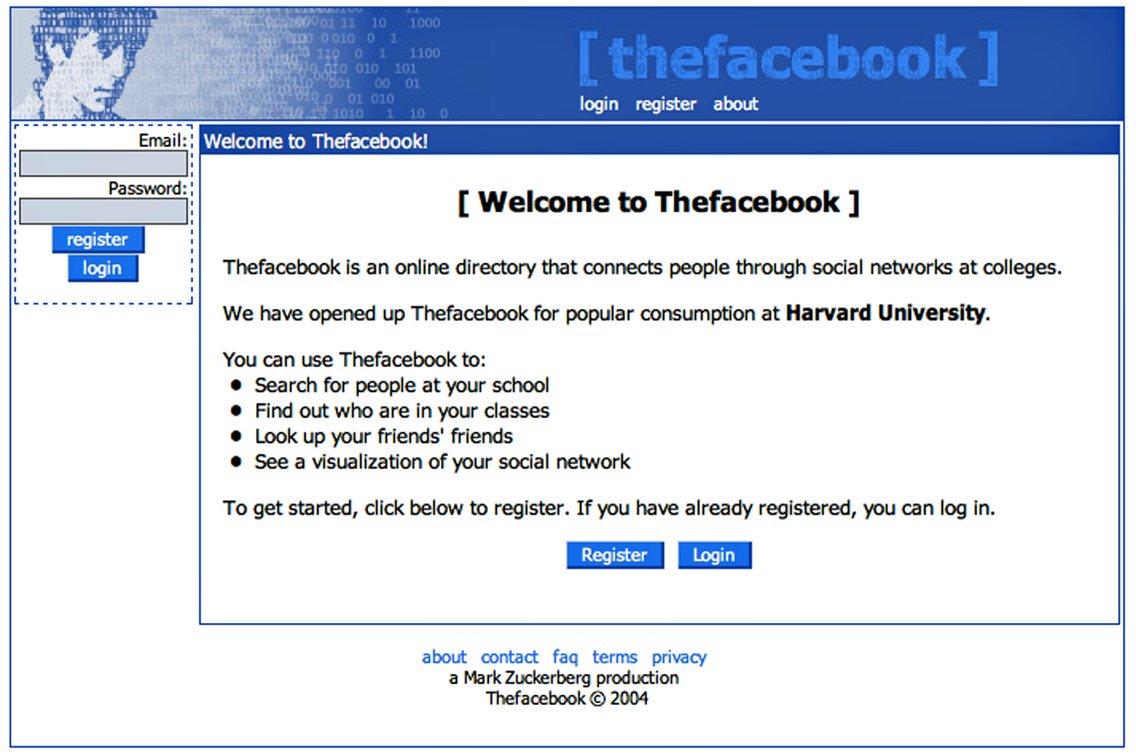0/Here’s a quick #Tezos update for those wondering what’s happening with one of the biggest projects in the space:
1/Legal troubles persist: a second lawsuit has been filed against the company: cointelegraph.com/news/second-su…
• • •
Missing some Tweet in this thread? You can try to
force a refresh






